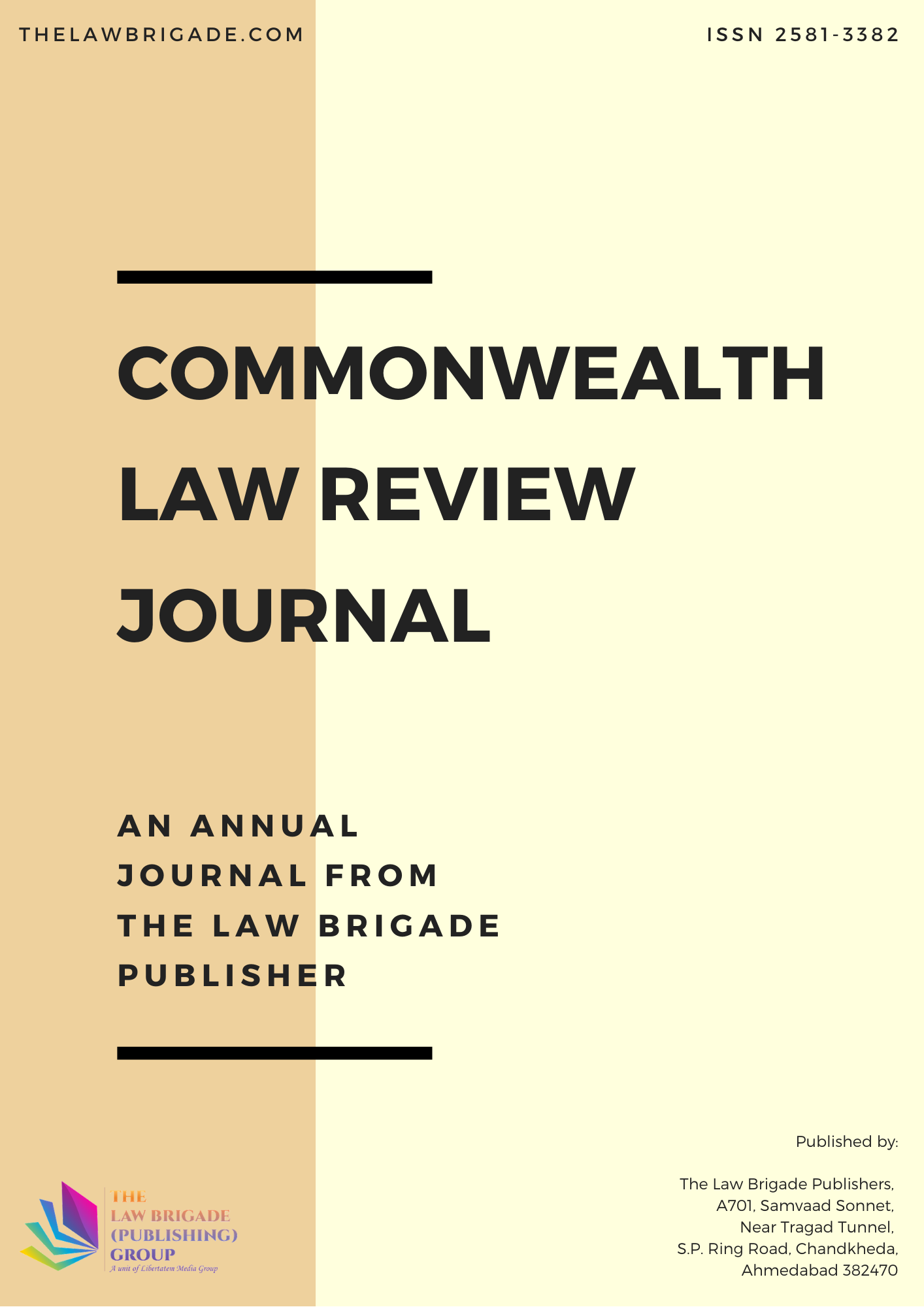Enforcement of intellectual property (IP) rights is key to achieving adequate protection, even though in Nigeria, enforcement is hampered by fragmented legislation, prolonged judicial processes, and limited public awareness of IP rights. Despite recent reforms of the Copyright Act in 2022, challenges persist, including rampant counterfeiting, digital piracy, and under-resourced enforcement agencies. South Africa, by contrast, boasts of a more robust IP regime anchored in its Companies and Intellectual Property Commission (CIPC), specialised Commercial Courts, and proactive anti-counterfeiting strategies. However, it faces its own hurdles, such as bureaucratic inefficiencies, high litigation costs, and uneven enforcement in rural areas. This study undertakes a comparative reappraisal of the enforcement of intellectual property (IP) rights in Nigeria and South Africa, with a view to identifying systemic challenges, institutional strengths, and opportunities for reform. While both nations are signatories to key international IP treaties, such as the TRIPS Agreement, their domestic enforcement frameworks and outcomes diverge significantly due to differences in legal infrastructure, institutional capacity, and socio-economic priorities. Adopting a doctrinal methodology, key findings reveal that South Africa is in alignment with global IP standards and investment in technological tools (e.g., AI-driven trademark databases) enhance enforcement efficiency, whereas Nigeria’s reliance on outdated mechanisms and limited interagency coordination stifle progress. Both nations share challenges in combating cross-border IP crimes and adapting to digital-era threats, such as AI-generated infringements and online piracy. The paper concludes with recommendations for Nigeria to adopt South Africa’s model of institutional specialization, public-private partnerships, and technology integration while addressing systemic corruption and capacity gaps. Conversely, South Africa could benefit from Nigeria’s nascent efforts to decentralize IP education and leverage informal sector collaborations.
Enforcement of Intellectual Property Rights in Nigeria and South Africa: A Comparative Reappraisal
Publication Information
Journal Title: Commonwealth Law Review Journal
Author(s): Temitope Oloko
Published On: 11/04/2025
Volume: 11
First Page: 56
Last Page: 88
ISSN: 2581-3382
Publisher: The Law Brigade Publisher
DOI: 10.55662/CLRJ.2025.1104
Cite this Article
Temitope Oloko, Enforcement of Intellectual Property Rights in Nigeria and South Africa: A Comparative Reappraisal, Volume 11, Commonwealth Law Review Journal, 56-88, Published on 11/04/2025, 10.55662/CLRJ.2025.1104 Available at https://clrj.thelawbrigade.com/article/enforcement-of-intellectual-property-rights-in-nigeria-and-south-africa-a-comparative-reappraisal/
Abstract
Keywords: Intellectual Property Enforcement, Nigeria, South Africa, TRIPS Agreement, Counterfeiting, Digital Piracy.
Share this research
Latest Publications
April 10, 2025





